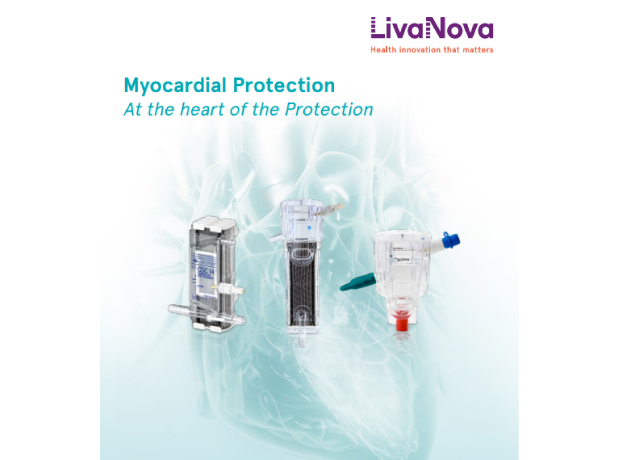
Abstract
Background
A main concern during cardiac surgery is the protection of the heart. Myocardial ischemia tends to increase the generation of reactive oxygen species. Based on its oxidation–reduction potentials, vitamin C is the most powerful antioxidant to counteract the effects of free radicals. This reason made the researcher to perform this study with the goal to determine and evaluate the effect of on perioperative clinical outcomes and laboratory criteria of coronary artery bypass grafting (CABG) cases.
Methods
This randomized clinical trial (RCT) was done in 2022 at Rajaie Cardiovascular Medical and Research Center. Following obtaining permission from the ethics committee, 62 CABG patients were randomly allocated to two groups and were included in the study. The control group received routine Del Nido cardioplegia solution while vitamin C group received Del Nido cardioplegia solution containing 3gr of vitamin C. In this study, demographic information and variants like hemodynamic, blood, and FFP transfusion were evaluated and compared. Data were analyzed by two-way repeated measures ANOVA.
Results
According to the findings, diastolic blood pressure (DBP) in the vitamin C group was lower, which was significant across both groups (P < 0.05); however, these alterations were in the normal range. The groups showed no significant difference in other parameters like fresh frozen plasma (FFP) transfusion in the intensive care unit (ICU) and return to baseline heart rate (P > 0.05). Also, the average cardiac arrest time (average time to cardiac arrest from the time of cardioplegia injection) in the controls was significantly higher compared to the intervention group (P = 0.028).The data indicate that for CK-MB, the group effect is not statistically significant, while the effect of time and the interaction effect of group and time are significant. For troponin, the group effect and the interaction effect are not significant, although the effect of time is significant. Therefore, adding vitamin C to the cardioplegia solution does not significantly affect troponin.
Conclusion
One of the factors that contribute to myocardial protection is the reduction in the time to achieve cardiac arrest. In the group that received vitamin C, this time was reduced; therefore, it can be concluded that in this group, the risk of damage due to lack of blood flow and oxygen to the cardiac tissue is lower. Clinical trial number: This study is a randomized clinical trial (RCT).IRCTID: IRCT20220716055477N1.
